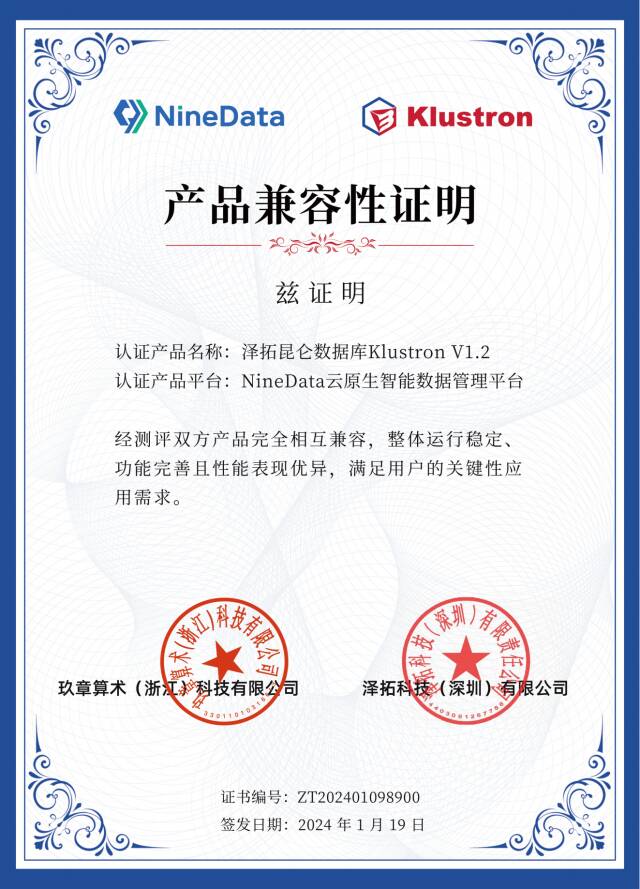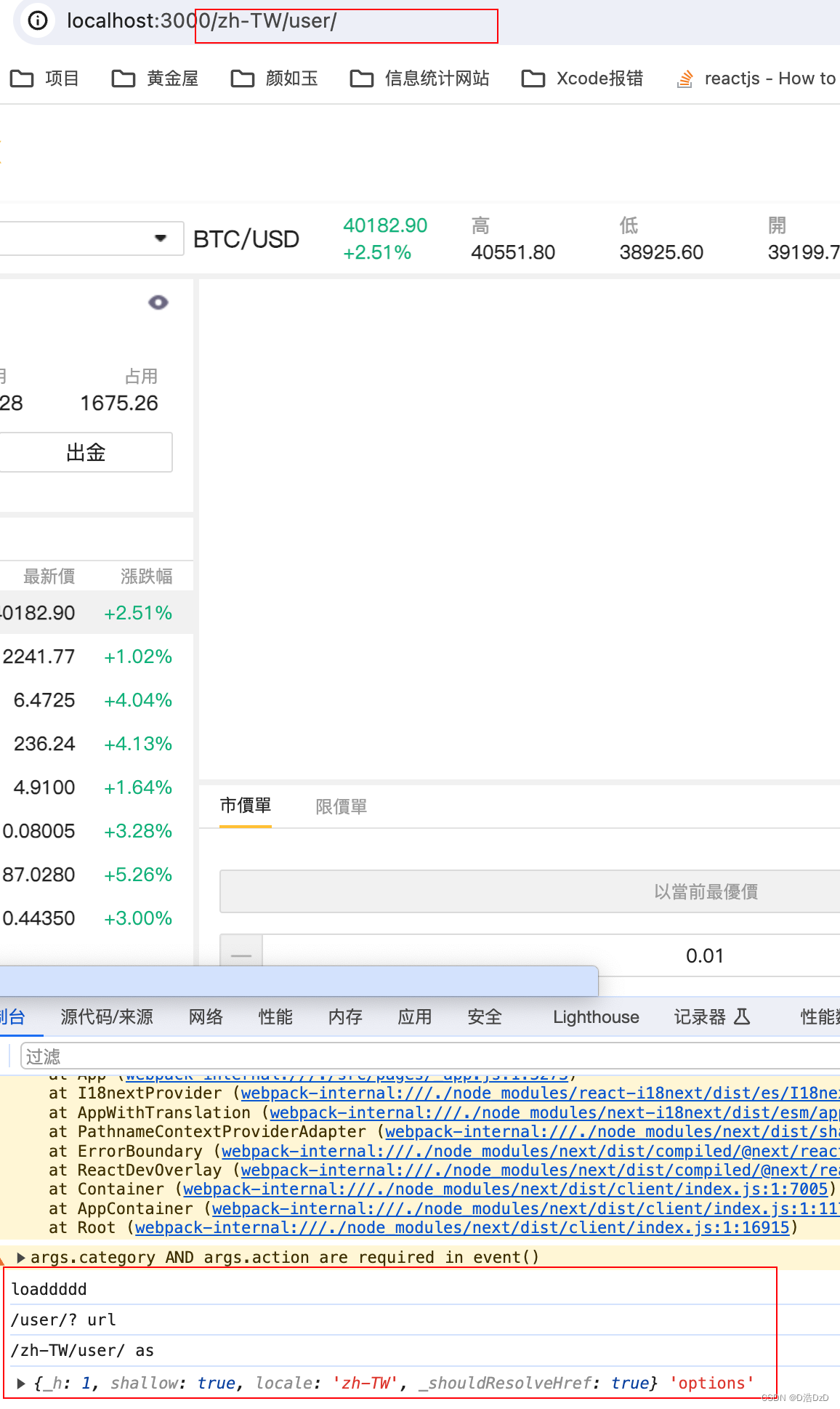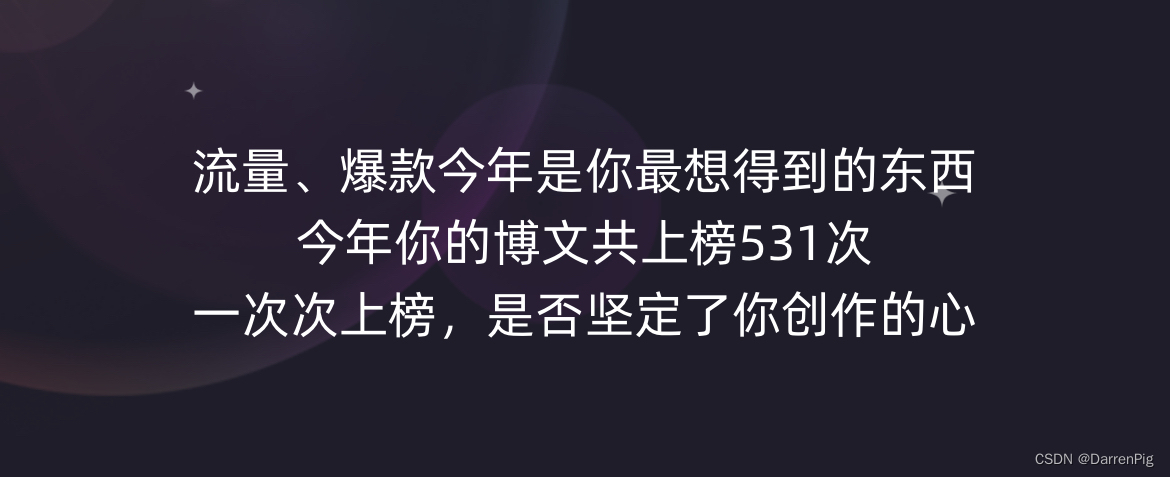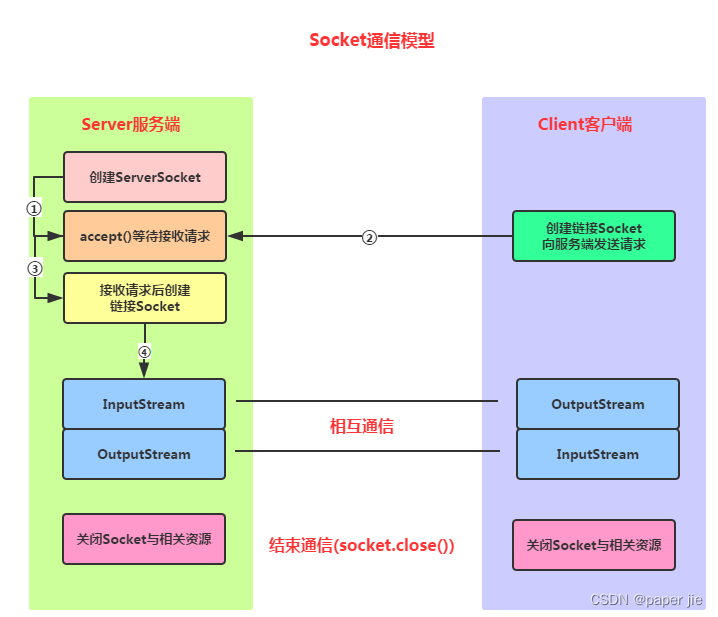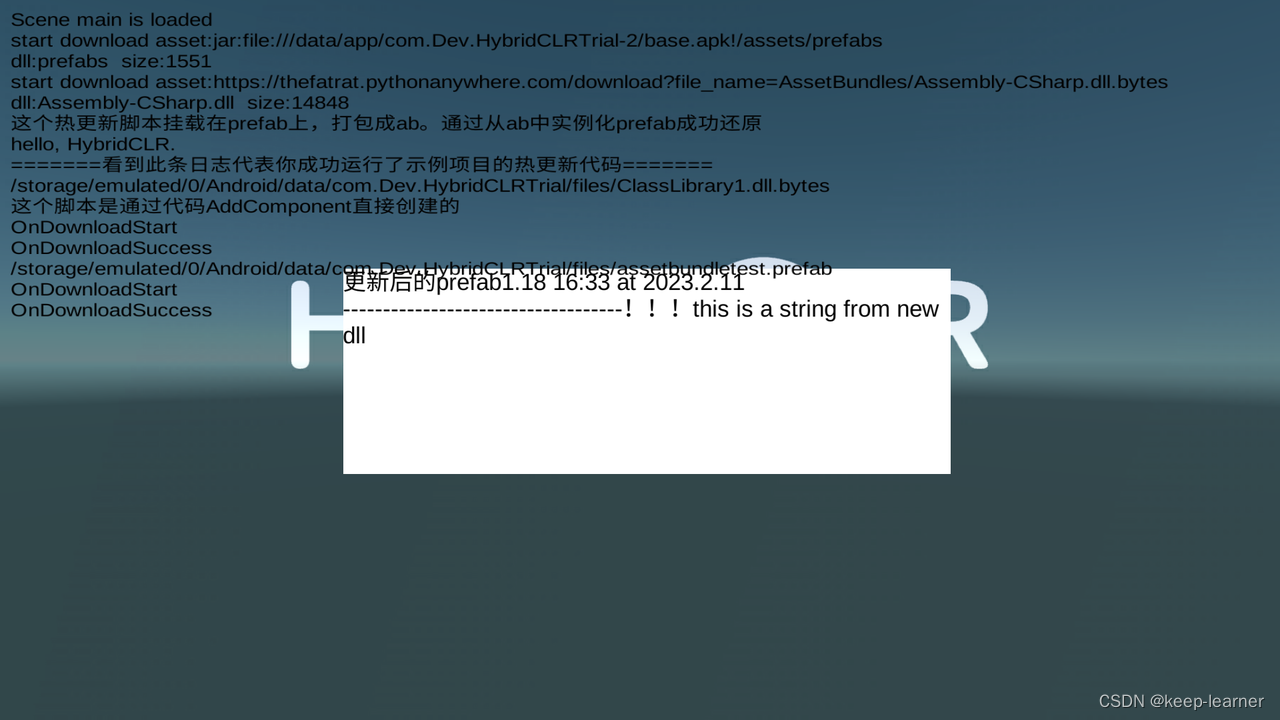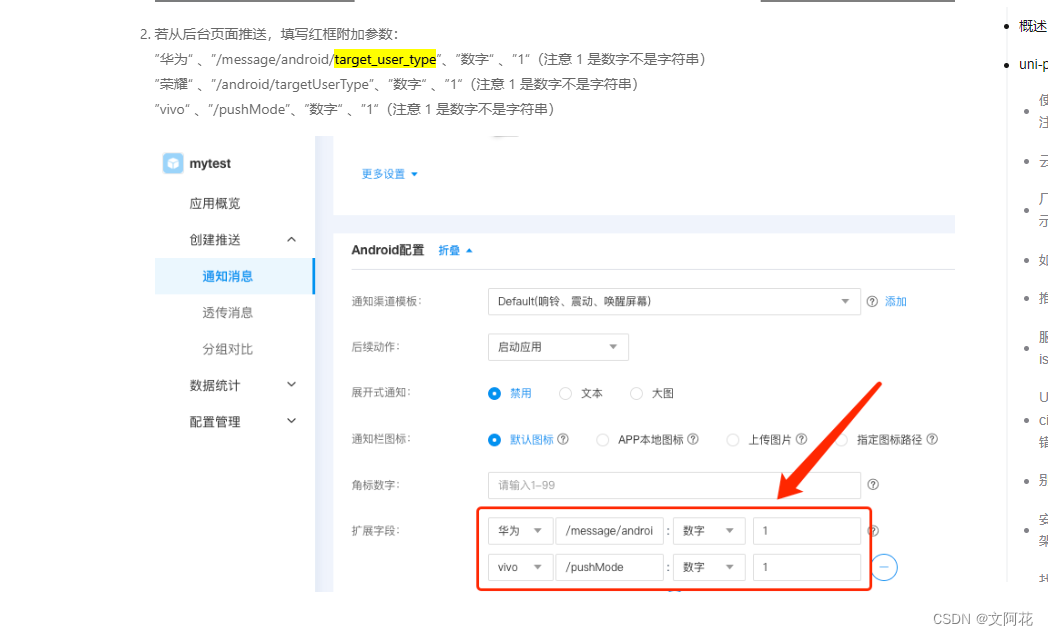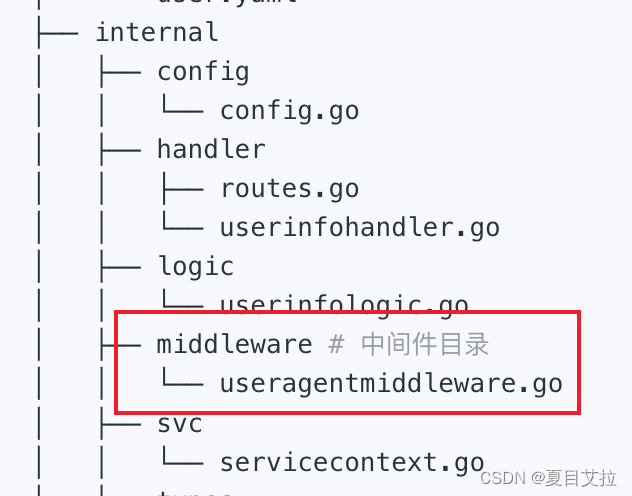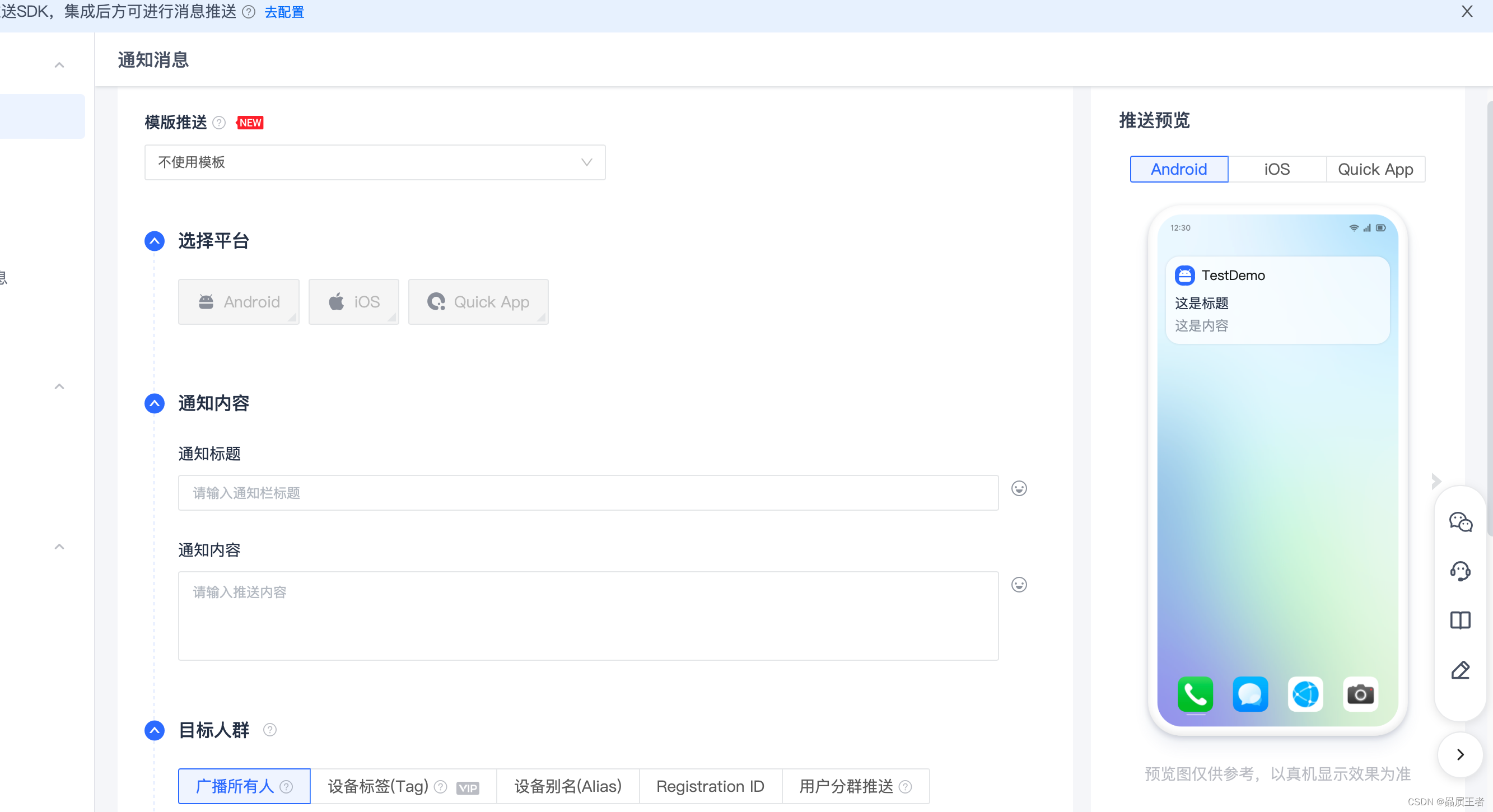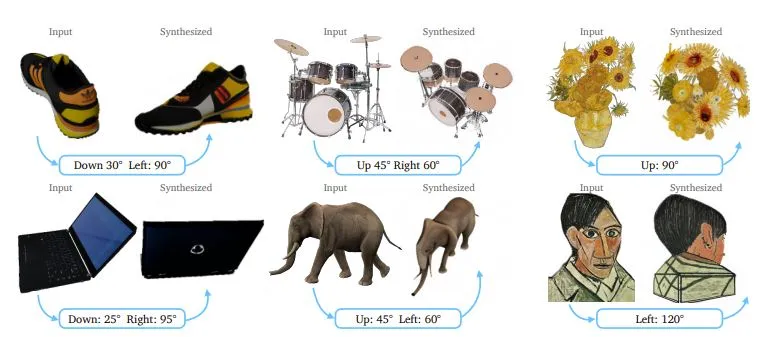
林浩然的政治学奇幻漂流——幽默诙谐解读马基雅维利
Lin Haoran’s Whimsical Exploration of Machiavelli’s Political World
在一个阳光明媚的周末,我们的主人公林浩然同学决定穿越历史长河,踏上一场充满智识与笑声的探索之旅,目的地是文艺复兴时期的意大利,去领略尼科洛·马基雅维利这位传奇政治思想家的世界。
On a bright and sunny weekend, our protagonist, student Lin Haoran, decided to embark on an intellectual and laughter-filled adventure through the annals of history. His destination? Renaissance Italy, to delve into the world of Niccolò Machiavelli, the legendary political thinker.
林浩然一开篇便用他那独特的视角调侃道:“如果马基雅维利是个现代政客,估计他的竞选口号会是‘权谋无界,智慧至上’。”引得周围的同学捧腹大笑。他知道,尽管马基雅维利因《君主论》中的实用主义和现实主义而闻名,但深入挖掘其著作,你会发现其中不乏对人性深刻且真实的洞察。
Lin Haoran began with his unique twist, jesting, “If Machiavelli were a modern politician, his campaign slogan might as well be ‘Unbounded Strategy, Wisdom Supreme’.” This quip elicited hearty laughs from his peers. He knew that while Machiavelli was renowned for his pragmatism and realism in “The Prince,” beneath its surface lay profound and candid insights into human nature.
在研读《君主论》时,林浩然想象自己化身为马基雅维利笔下的君主,面对复杂的政治环境,他幽默地自嘲:“看来要成为一个成功的君主,我不仅得学会像狐狸一样狡猾,还得拥有狮子的力量,否则在这个丛林般的宫廷里,怕是要被当成小绵羊给吃掉喽!”同学们听到此番比喻,不禁纷纷点头赞同,感叹原来政治世界也可以如此生动有趣。
While delving into “The Prince,” Lin Haoran humorously envisioned himself as a prince in Machiavelli’s narrative, navigating treacherous political waters. He joked, “It seems to become a successful prince, I’d not only have to learn the cunning ways of a fox but also possess the strength of a lion; otherwise, in this courtly jungle, I’d risk being devoured like a lamb!” The classmates found this comparison amusing and relatable, appreciating how politics could indeed be engaging and entertaining.
当探讨到马基雅维利关于国家利益高于道德原则的观点时,林浩然巧妙地将之与日常生活场景联系起来:“就像我们在食堂打饭,先下手为强、后下手没汤的道理是一样的嘛!只不过国家层面的‘打饭’关乎领土、资源和权力。”这种接地气的类比让大家轻松理解了马基雅维利对于政治行动务实性的强调。
When discussing Machiavelli’s view that state interests trump moral principles, Lin Haoran cleverly related it to everyday life scenarios: “It’s just like when we’re lining up for food at the cafeteria — first come, first served, or you end up without soup! Only at the national level, it’s about territory, resources, and power.” This down-to-earth analogy made it easy for everyone to grasp Machiavelli’s emphasis on practicality in political action.
最后,林浩然以一种幽默而富有哲理的方式总结了他的“马基雅维利冒险记”:“通过这次旅程,我明白了一个道理:马基雅维利并非教唆我们做恶,而是让我们直面政治世界的残酷现实,并学会如何在其中生存与繁荣。这就好比我突然发现数学老师其实是在用加减乘除教会我们如何解决生活难题一样。至于是否能成为君主或领袖,至少我们现在学会了怎样在课间休息时不被同学欺负,哈哈!”
Wrapping up his “Machiavellian Adventure” in a humorous yet philosophical manner, Lin Haoran mused, “Through this journey, I’ve realized that Machiavelli wasn’t teaching us to do evil, but rather to confront the harsh realities of the political world and learn how to survive and thrive within it. It’s akin to discovering that your math teacher is using addition, subtraction, multiplication, and division to teach us how to solve real-life problems. As for becoming a monarch or leader, at least now we know how not to get bullied during recess — ha-ha!”
在这场融合了古今智慧与风趣解读的旅途中,林浩然不仅深化了对马基雅维利政治思想的理解,也让枯燥的政治学知识变得活泼有趣,让同学们在欢声笑语中领悟到了政治哲学的真谛。
Throughout this journey blending ancient wisdom with whimsical interpretations, Lin Haoran deepened his understanding of Machiavelli’s political thought while transforming dry political science concepts into lively and enjoyable learning experiences. His classmates chuckled their way through lessons, gaining insight into the essence of political philosophy.
